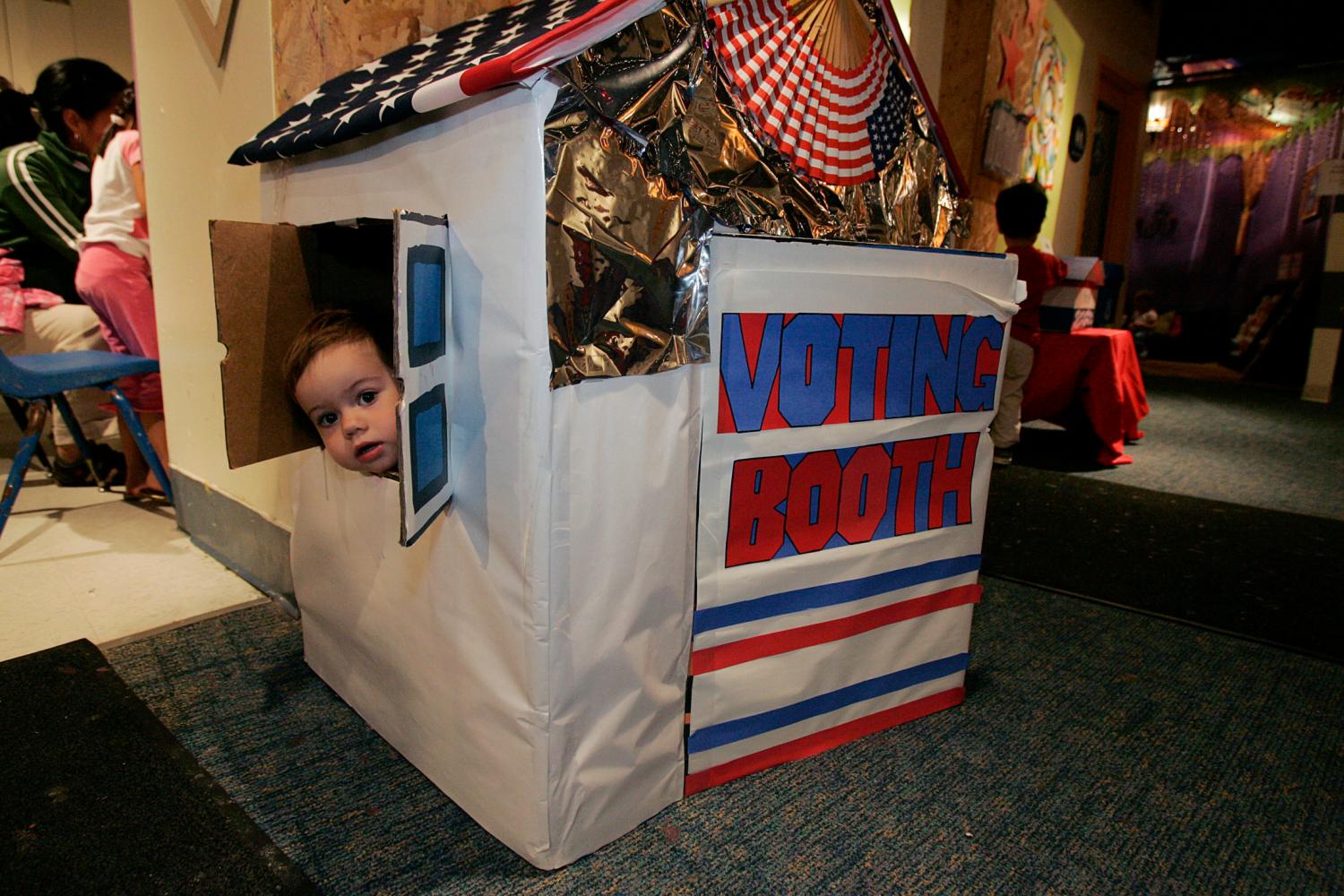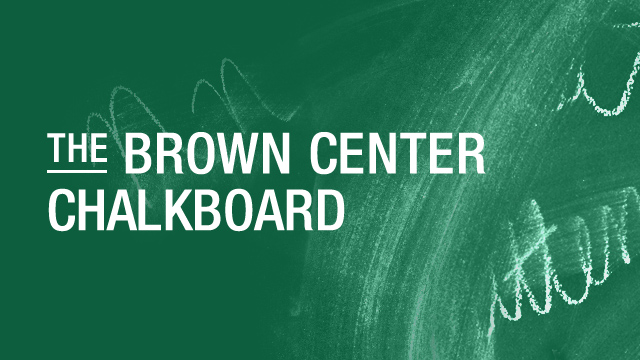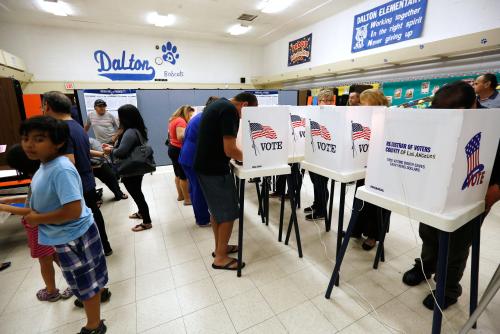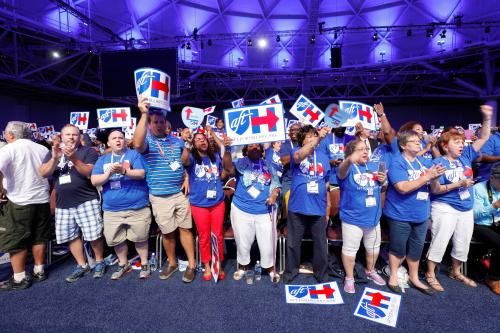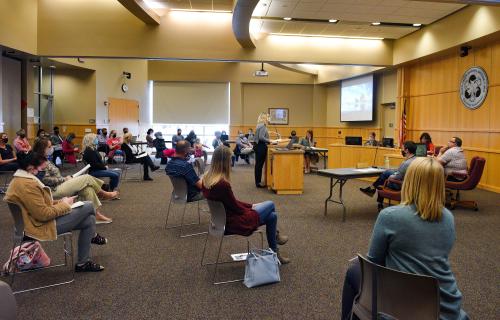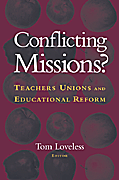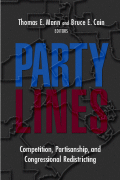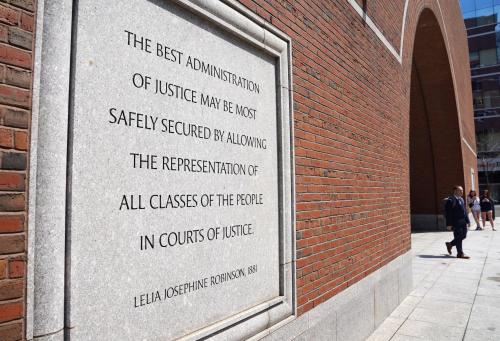What if I told you I’d found a surefire way to decrease community involvement in our local schools while at the same time increasing the costs of providing education for taxpayers? Probably not a political winner, eh? And yet, for well over 100 years we’ve adopted such an approach to governing America’s public schools.
I’m talking of course, about the widespread and increasingly questionable practice of local school district governments holding their school board elections “off-cycle” so that they are contested apart from regular national elections.
Just how significant and widespread are “off-cycle” school board elections? And what are the consequences of using off-cycle elections for the tone and direction of education policy? UC Berkeley Political Scientist Sarah Anzia recently penned a terrific book examining the causes and consequences of off-cycle elections in American politics in which she finds that 90 percent of states hold at least some municipal races apart from major national elections and three quarters of states do so for school board elections. Data from the National School Boards Association seem to confirm Anzia’s descriptive account on the prevalence of these elections.
By exploiting the occasional episode in which a change in state law forced localities to move their elections “on cycle,” Anzia is able to provide some pretty rigorous causal evidence that off-cycle elections decrease voter turnout and equip organized interests (e.g. teachers unions) to obtain more favorable policy outcomes. Anzia’s findings mesh nicely with other work done by University of Pennsylvania Political Scientist, Marc Meredith, who found that when school boards are given the authority to choose election dates for raising revenue (e.g. bond elections) boards will “manipulate” the timing of elections in predictable ways to ensure an electorate that is most favorable to increased school spending.
“While most citizens are tuned into the presidential primary contests this year, the important reality is that thousands of school board members will be ‘elected’ by tiny and unrepresentative electorates prior to next November’s general election.”
While most citizens are tuned into the presidential primary contests this year, the important reality is that thousands of school board members will be “elected” by tiny and unrepresentative electorates prior to next November’s general election. This isn’t an accident or an oversight. The helpless position of today’s “education voter” is a predictable consequence of Progressive era reforms that sought to “take politics out of education.” As Columbia Professor, Jeffrey Henig, explains in his insightful and wide-ranging book, The End of Exceptionalism in American Education, the widespread use of single-purpose governments that are insulated from the electorate has been a hallmark of American school governance that is only recently beginning to come undone.
Advocates of off-cycle elections sometimes contend that holding school elections apart from major federal elections helps foster a more informed electorate. But shouldn’t the onus be on those who defend off-cycle elections to demonstrate better outcomes in districts that cling to a policy that often results in higher costs to taxpayers and diminishes small-d democracy. Of course it’s fair and important to ask, “How much democracy is good for our schools?” However, there are at least three reasons to be skeptical that the benefits of using “off-cycle” elections outweigh the costs:
First, I’m unaware of any scholarly evidence that the voters who participate in off-cycle elections are significantly more informed than the electorates participating in on-cycle elections. More importantly, I am not aware of any scholarly research that demonstrates a linkage between off-cycle elections and better student achievement outcomes. To the contrary, my friend and collaborator Arnie Shober (Lawrence University) and I found a strong association between a district’s relative academic performance and the use of on-cycle elections in a 2014 analysis that we undertook for the Fordham Institute. Although that report could not establish any causal relationship between on-cycle elections and better student achievement (clearly we could not randomly assign on-cycle elections), the fact that we found a positive correlation between on-cycle school board elections and a district’s academic performance arguably puts the ball back in the court of those who would prefer diminished citizen participation and higher fiscal costs.
Second, on the subject of higher costs, consider the takeaway from a recent piece in Governing Magazine that quotes Rice University Political Scientist and local elections expert, Melissa Marschall. It paraphrases Marschall, saying “There’s no doubt about it. Holding concurrent elections is bound to increase turnout…Holding elections less frequently should save them [local governments] money.” In short, even if some benefits (a marginally more informed electorate?) could in theory be demonstrated, one would also need to account for known costs: lower citizen participation and more frequent elections that school districts cannot piggyback onto national or statewide elections.
Third and finally, as Eitan Hersh explains in a hard-hitting recent post on FiveThirtyEight, there’s more than a tinge of hypocrisy when it comes to those who defend off-cycle elections. Ironically, while the Democratic Party and organized labor often advocate for policies that enhance workplace democracy and reduce barriers to voter participation (i.e., opposing voter ID laws, supporting same day registration and vote by mail), these two groups have, according to Hersh, led the charge to retain off-cycle school board elections that all but assure lower and more unrepresentative turnout.
Admittedly, there’s no perfect approach to governing American K-12 education. And, governance “reform” is hardly a panacea for improving our schools. Nonetheless, as Noel Epstein wisely observed in her 2004 volume, Who’s in Charge Here?, when education governance is fragmented ordinary citizens are challenged to hold policy-makers accountable because it is difficult for the public to mobilize and readily identify which political authority or authorities are responsible. The bottom line: we don’t do the electorate any additional favors by purposefully staggering school board races across multiple off-year election cycles. Consolidating the school election calendar is a small, but nonetheless sensible step in the right direction.
The Brookings Institution is committed to quality, independence, and impact.
We are supported by a diverse array of funders. In line with our values and policies, each Brookings publication represents the sole views of its author(s).
